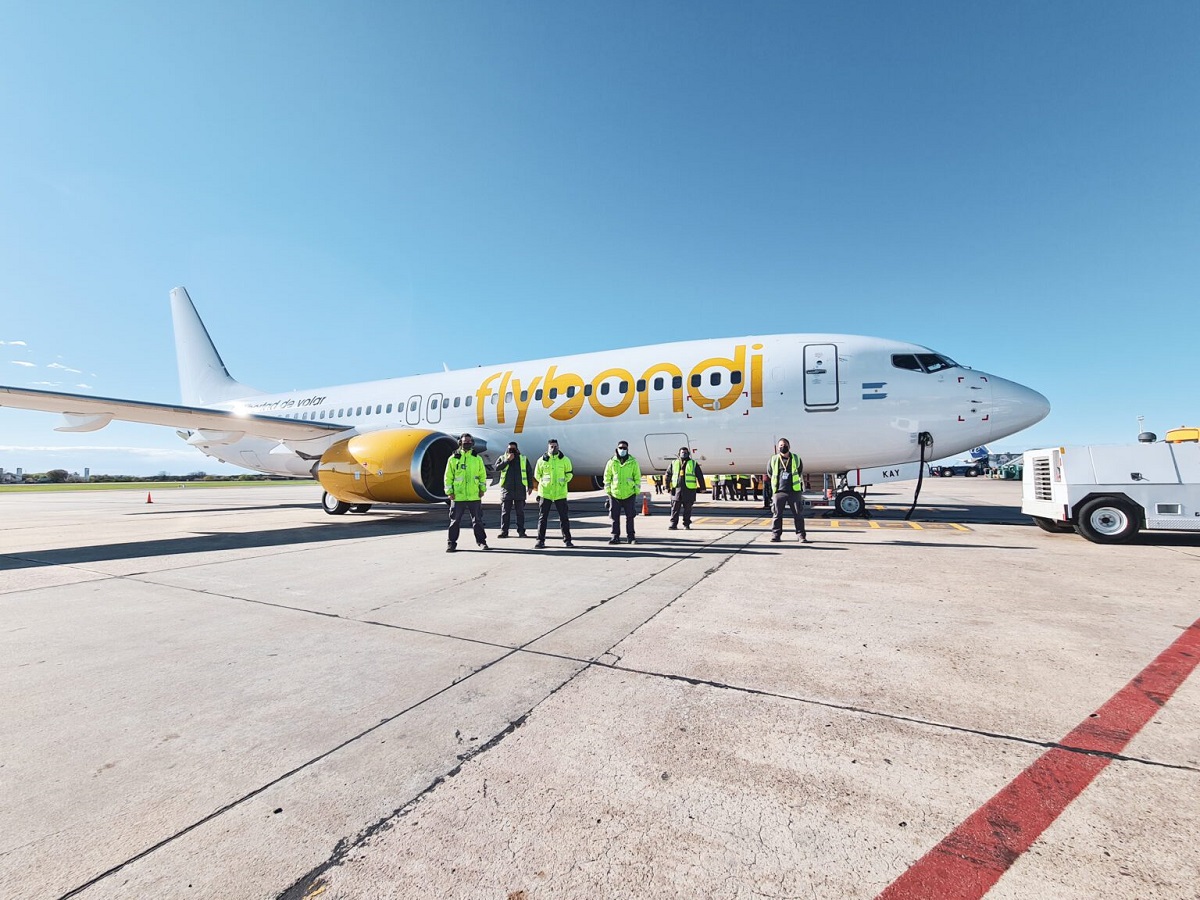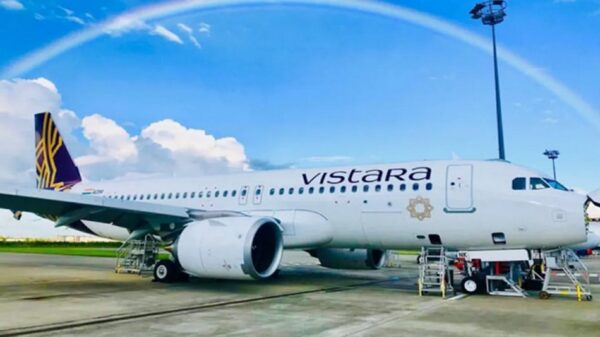Flybondi, an Argentinian low-cost carrier, is the world’s pioneer in allowing customers to resell their tickets, paving the way for a new era in the airline industry. This innovative approach, facilitated by cutting-edge blockchain technology and NFTs (Non-Fungible Tokens), introduces a concept akin to the resale of concert tickets, offering passengers the opportunity to profit from the secondary market.
Flybondi has partnered with travel technology startup TravelX to implement this trailblazing initiative, which has the potential to transform the dynamics of ticket pricing and customer flexibility.
The Genesis of Ticket Reselling in Aviation
Flybondi’s decision to permit ticket reselling challenges the conventional norms of the airline industry, where such practices are typically prohibited. Drawing inspiration from the long-established model of ticket resale in the entertainment industry, Flybondi is pioneering a system that could provide benefits for both passengers and the airline itself.
How the System Works
The innovative ticket reselling system relies on NFT technology, with Flybondi partnering with TravelX to develop a platform that seamlessly integrates with its operations. Similar to concert ticket vendors like Ticketmaster, this system involves the creation of an NFT ticket alongside the original ticket, both stored securely on the blockchain. These two tickets are synchronized, maintaining identical fare rules, seat numbers, and itineraries.
The synchronized NFT ticket allows Flybondi to trace and monitor the original ticket even when it is resold or transferred to another passenger. Notably, this technology permits reselling up to 72 hours before the scheduled departure time. During this window, both Flybondi and TravelX stand to earn a transaction fee each time the ticket changes hands, as reported by the reputable aviation website, Aviacion Al Dia.
Breaking the Taboos: CEO Mauricio Sana’s Perspective
Traditionally, airlines staunchly discourage ticket reselling due to various operational and logistical challenges. However, Flybondi’s CEO, Mauricio Sana, sees reselling as a win-win scenario for both customers and the airline.
Sana articulates the advantages of this approach by illustrating scenarios where the airline initially sells a ticket at a substantial discount, only to face a sudden surge in demand.
In such situations, Flybondi regrets underselling the ticket, while the passenger holding it realizes the potential for profit through resale. This novel system enables the airline to recoup some of the initially foregone revenue, simultaneously allowing passengers to turn their unwanted tickets into a profitable venture.
Additionally, the initiative benefits passengers who, having purchased non-refundable tickets, may unexpectedly find themselves unable to take their scheduled flight. In such cases, the ability to resell the ticket provides a financial remedy, allowing passengers to recover some of their investment.
The Future of Airline Ticket Reselling
TravelX, the startup behind the NFT ticket technology, envisions a future where the reselling of airline tickets becomes a widespread practice. The company has already initiated discussions with 60 other airlines to explore the integration of this innovative technology into their operations.
If successful, this could mark a paradigm shift in the airline industry, with more carriers embracing the concept of ticket reselling as a means of enhancing customer satisfaction and maximizing revenue potential.
Conclusion
Flybondi’s trailblazing decision to allow passengers to resell their airline tickets, facilitated by NFT technology developed by TravelX, represents a significant departure from conventional practices in the airline industry. This innovative approach not only challenges established norms but also opens up new possibilities for passengers and airlines alike.
The synchronization of traditional and NFT tickets on the blockchain introduces a level of transparency and traceability previously unseen in the aviation sector. As Flybondi takes the lead in embracing this revolutionary concept, the industry watches with anticipation to see if other airlines will follow suit, ushering in a new era of flexibility and profitability in air travel.










